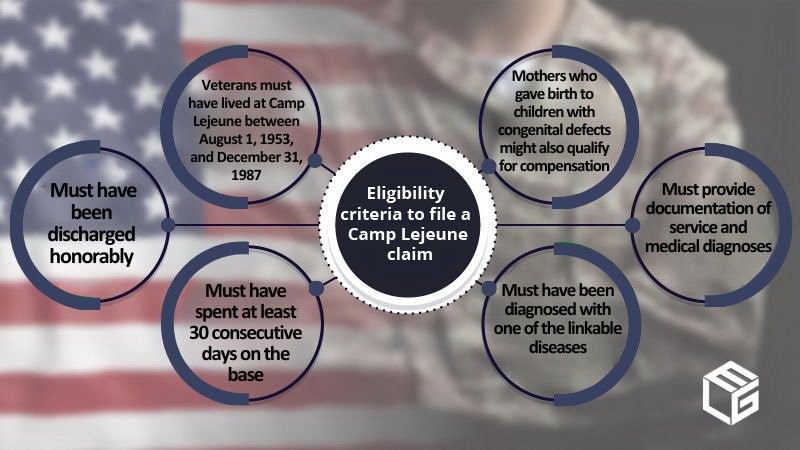Daily exposure to 10 parts per million of benzene can lead to the development of myelodysplastic syndromes
Perhaps the most important thing veterans should know about myelodysplastic syndromes is that they can occur before leukemia, so people who struggle with myelodysplasia should periodically undergo screening in the unfortunate event they develop leukemia.
The earlier cancer such as leukemia is found, the better the prognosis of the patient will be, especially since leukemia can be a very aggressive disease.
In myelodysplastic syndromes, some of the cells in the bone marrow are abnormal and have trouble producing new blood cells. Numerous blood cells formed by these bone marrow cells are defective. Defective cells usually die earlier than normal cells, and the body also destroys some abnormal blood cells, leaving the patient without enough normal blood cells. Interestingly, different cell types can be affected, even though the most common finding in myelodysplastic syndromes is a small number of red blood cells, which can lead to anemia.
Excessive exposure to benzene, frequently used to clean aircraft and ground support equipment metallic parts, has been known for more than a century to damage the bone marrow, resulting in a lower than the normal number of circulating blood cells and, ultimately, myelodysplastic syndromes. 1 in 3 patients with myelodysplastic syndromes will develop a rapidly growing cancer of bone marrow cells known as acute myelogenous leukemia. Patients whose diagnosis remains the same may experience a gradual fall-off in marrow function leading to worsening anemia, bleeding, and infection, which, despite transfusions of red cells and platelets and antibiotics to treat the infection, can ultimately be fatal.
A serious cause for concern at Camp Lejeune: benzene exposure
As many as 800,000 gallons of benzene-containing fuel leaked at Camp Lejeune from underground storage tanks near a well that served barracks, officers' quarters, and the hospital.
Consequently, benzene exposure was a serious cause for concern at the military base. Two exposure limits have been found to lead to hematologic cancer, including myelodysplastic syndromes.
The strongest evidence concerns daily exposure to 10 parts per million or greater of benzene, which may cause myelodysplastic syndromes. However, newer evidence supports the development of myelodysplastic syndromes at lower concentrations. In a study from the Journal of the National Cancer Institute, the researchers concluded that relatively low-level exposure to benzene was associated with a greater risk of myelodysplastic syndromes but not acute myeloid leukemia, suggesting that myelodysplastic syndromes might be the more relevant health risk for victims of benzene exposure. In addition to fuel, benzene-containing products such as paints and degreasers may have been present at Camp Lejeune, resulting in additional exposure. In fact, chronic benzene exposure is one of the most common risk factors for myelodysplastic syndromes.


